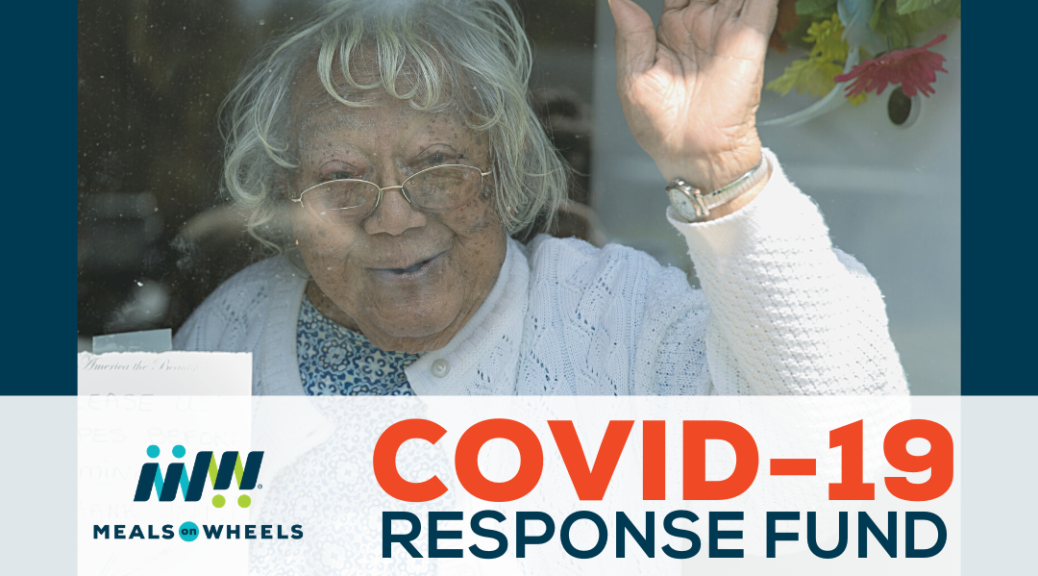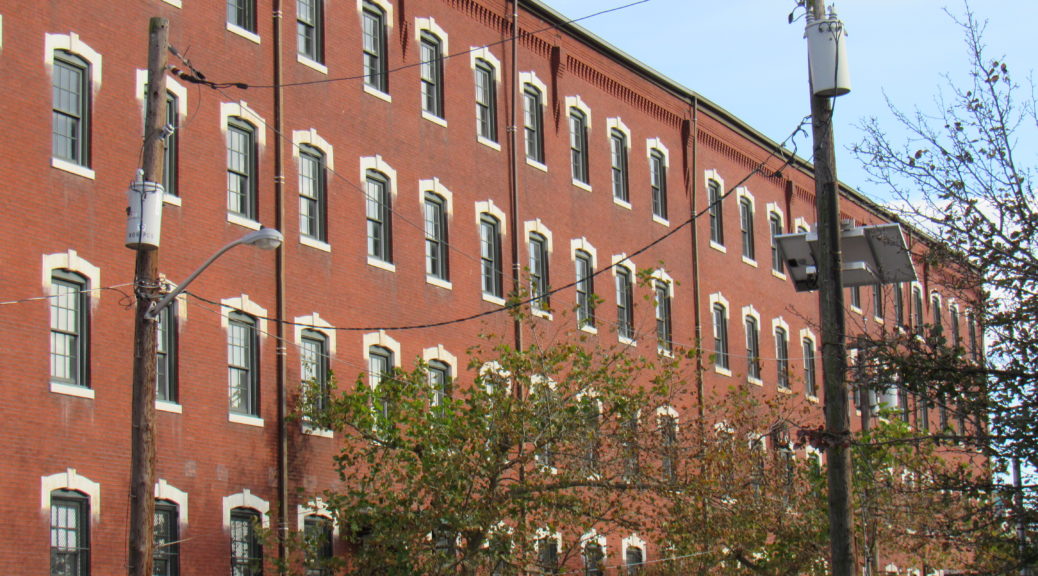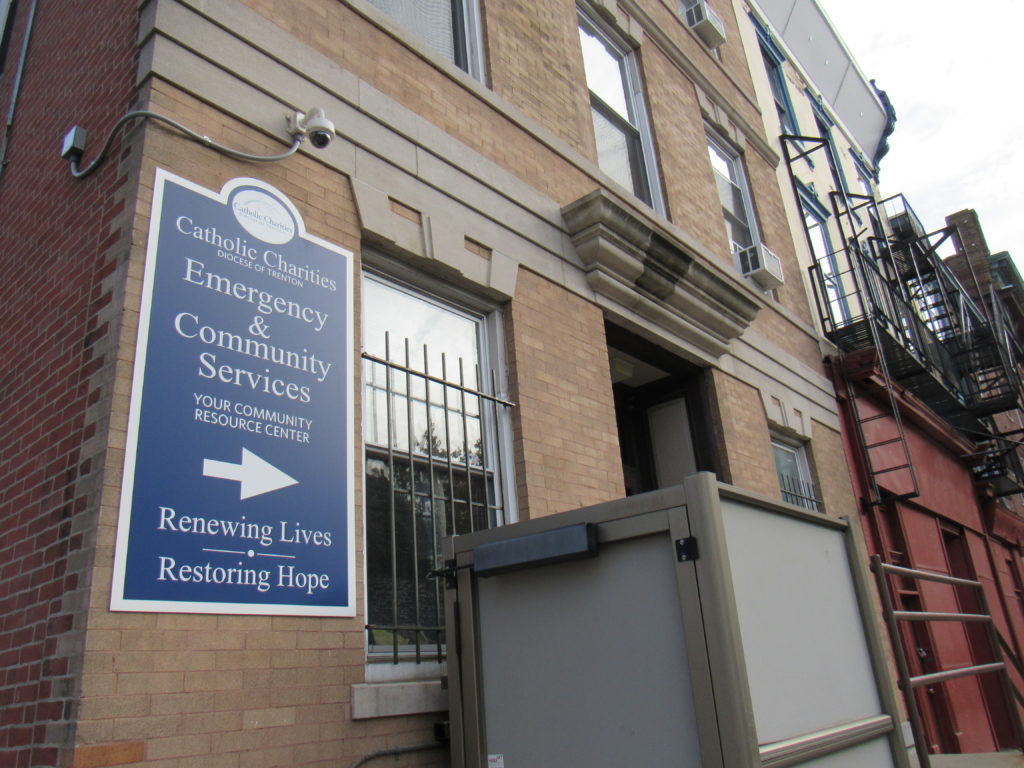By Hannah Keyes
Meals on Wheels of Mercer County (MOWMC) is one of the more than 5,000 community-based programs across the country that seeks to address both the nutritional and social needs of its participants. This includes homebound elderly and disabled individuals who cannot shop for or prepare food for themselves and are often living in hunger and isolation.
According to a new survey conducted by Meals on Wheels (MOW) of America, every 4 out of 5 MOW programs have reported that their demand has at least doubled since the start of COVID-19. Given the current situation of the pandemic, those who are older and more susceptible to sickness are at higher risk and are extremely vulnerable during this time. There are now more seniors staying in their homes and requiring help.
Additional studies from MOW of America reveal that 1 in 4 seniors live alone and 1 in 5 feel lonely. Thus, MOW makes it a priority to see to it that their participants not only receive warm meals but that they are greeted by a friendly face. The program relies heavily on their volunteers who deliver meals as they not only give participants their food but interact with them and form meaningful relationships. Sasa Olessi Montaño, the Chief Executive Officer of the Mercer County branch, as well as a member who serves on the national board of Meals on Wheels of America stated, “Our secret sauce is that daily contact.”
However, the virus has caused the staff of MOWMC to have to adjust their normal operations. All volunteers are now required to wear masks and gloves as they provide a “touchless delivery”, wherein they knock on the participant’s door or window, hang the meal (in a bag) on the door, and walk away at least six feet and wait to make eye contact with the participant so that they know they will get their meal. There has also been a calling feature implemented where more seasoned volunteers will call participants and check-in to see how they are doing. This provides the “secret sauce” of daily interaction that is missing from the new touchless delivery. Additionally, MOWMC is participating in the new “Feed a Senior, Help a Restaurant” and “Hospitality Works” programs. These are a means through which to provide for seniors, local restaurants, and hardworking medical staff.
The MOWMC delivers meals in East Windsor, Ewing, Hightstown, Princeton, Trenton, West Windsor, Lawrence, and specific areas within Hamilton. The program is funded federally, however, it is significantly underfunded and is mostly aided through community support. Private dollars are raised in order to ensure that no one is turned away. MOWMC is partnered with Gourmet Dining at Rider University to provide hot meals to its participants Monday through Friday every week. Weekend meals can also be made available to participants. There are two different meal plan options (A and B), they both consist of one hot meal that includes meat/pasta and two sides, as well as one cold bag that includes milk, bread, salad, and dessert. All meals are low sodium and diabetic friendly and can be catered towards the individual’s dietary restrictions.
Olessi Montaño labels MOW as a “comprehensive nutrition program” rather than simply a social service program. It offers nutrition education and counseling for those who have limited food options or are immuno-compromised. Olessi Montaño states, “Our meals are therapeutic in nature, which means that we work with our participants to identify their diets. Whatever their therapeutic need is, our meals are tailored to it and we work with them on that.”
In addition to home-delivered meals, MOWMC offers several other smaller programs such as their Pet Pantry where bi-weekly pet food bags are distributed to participants who own animals. The Books on Wheels program allows volunteers to deliver books to participants through the Trenton Public Library. There are also “Holiday Meals” for participants who will be alone during the holidays, “Blizzard Bags” for inclement weather, and shelf-stable groceries that are delivered once a month.
If one is interested in being served through or volunteering for Meals on Wheels, please contact through email, info@mealsonwheelsmercer.org, or call (609)-695-3483.






